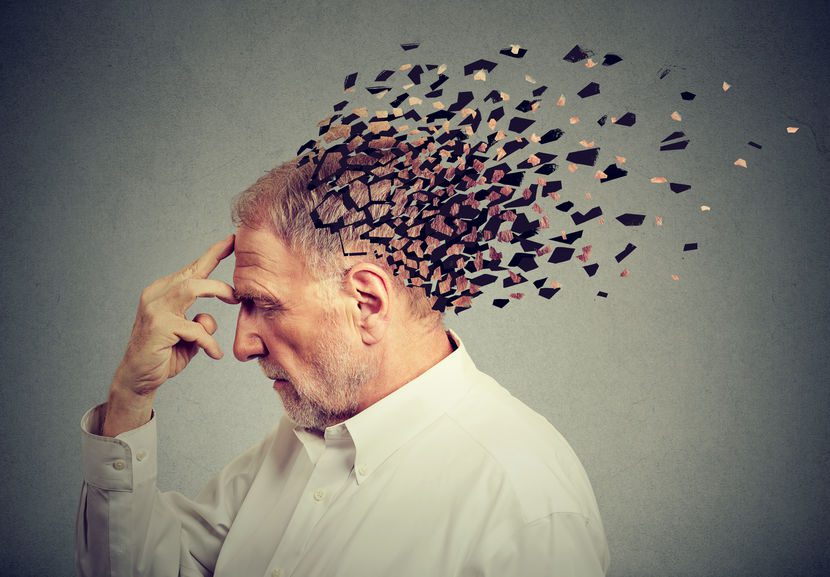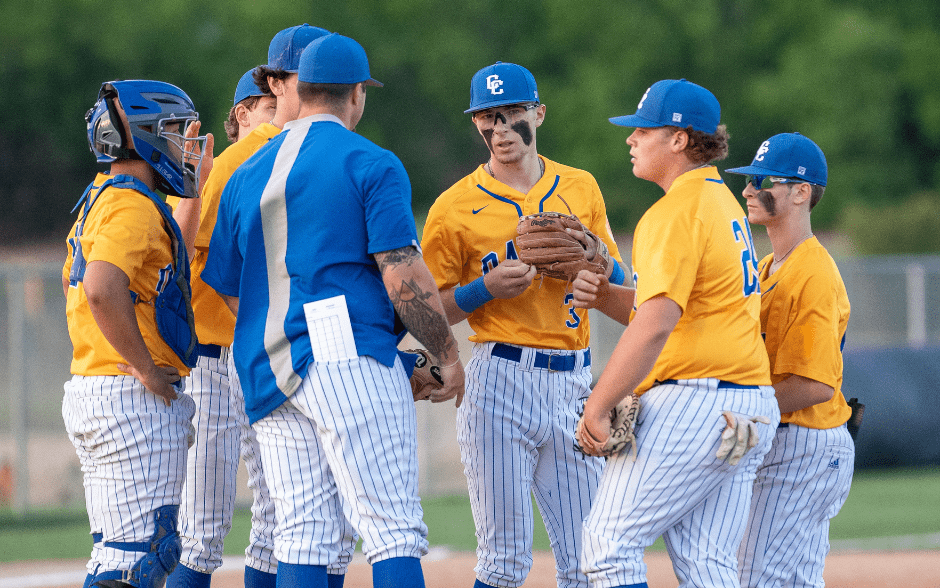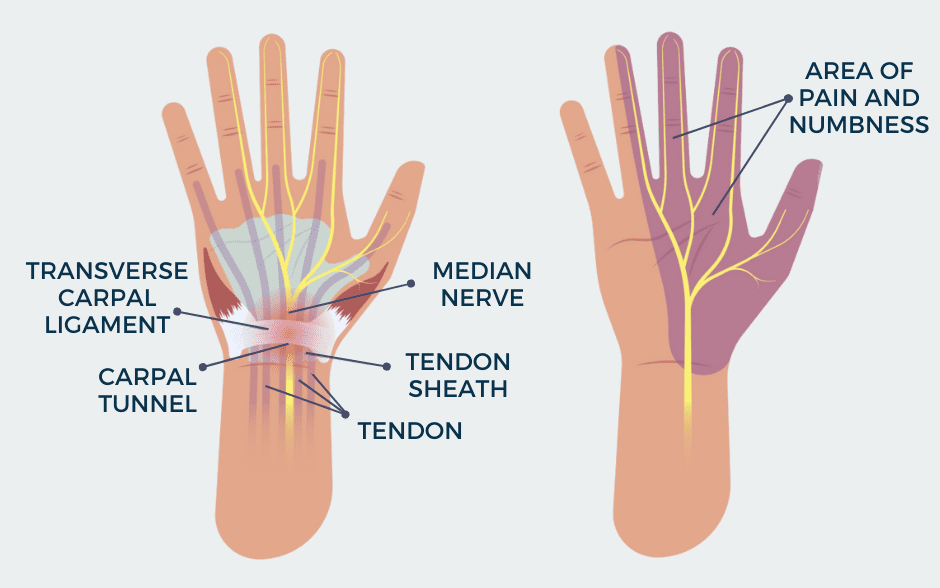Is my forgetfulness normal?
Many people worry that forgetfulness means the first signs of Alzheimer’s disease. The good news: some memory slips are a normal part of aging. This guide explains what “normal” looks like, what may be concerning, and when to check in with a professional.
What’s normal as we age?
Occasional memory lapses happen to everyone. When we’re busy, distracted, or stressed, the brain doesn’t always “record” details well—so they’re harder to retrieve later. As we age, thinking can feel slower and it may take longer to learn, store, or recall information, even when the memory is intact.
Examples of normal forgetfulness
- Misplacing items (keys, phone, wallet) but finding them by retracing steps
- Occasionally forgetting names or words but remembering them later
- Needing more time to absorb new information or follow complex directions
- Minor lapses that don’t disrupt your daily independence
When should you take it seriously?
If memory issues become frequent, worsen over time, or interfere with daily life, it’s wise to act early. Timely evaluation can identify reversible causes (sleep problems, mood changes, medication side effects, thyroid/B12 issues) and support brain health strategies.
Possible warning signs
- Getting lost in familiar places or missing familiar turns while driving
- Repeatedly asking the same questions or telling the same stories without awareness
- Difficulty managing finances, medications, or appointments you handled before
- Noticeable personality, mood, or judgment changes
What you can do now
- Talk to your primary care provider about new or worsening symptoms
- Prioritize sleep, physical activity, hydration, and balanced nutrition
- Use memory supports: calendars, pill organizers, lists, phone reminders
- Address mood: low mood and anxiety can reduce focus and recall
How physical therapy can help
Beyond joint and muscle care, targeted physical therapy supports brain health by improving circulation, balance, and overall activity tolerance—key pieces of healthy cognition. At PDR, we also use advanced manual therapy such as Fascial Counterstrain to gently reduce restrictions that may influence nervous system function and quality of life.
Noticing more forgetfulness? If you or a loved one are unsure whether changes are normal, our team can screen balance, mobility, and activity tolerance and coordinate next steps with your physician. Call us to ask about an evaluation.



















